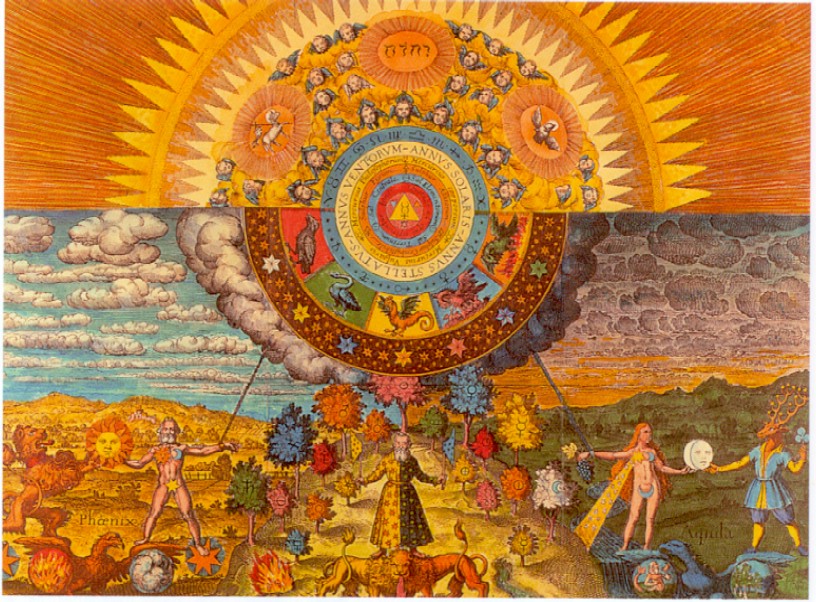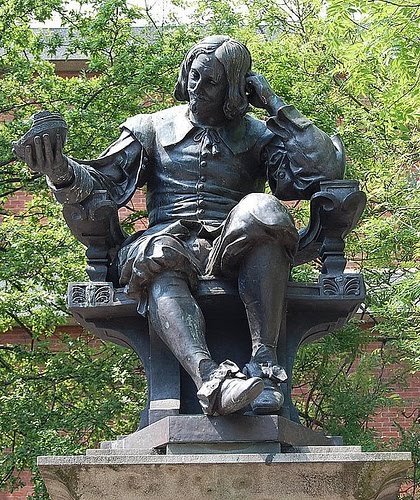Water-jump at Cheltenham race-course
This year sees the staging of the 100th Cheltenham Festival, a truly unique event in the world sports calendar. It’s the apotheosis of the British National Hunt horse-racing season. The atmosphere at the Festival today is considerably enhanced by the fact that it’s Saint Patrick’s Day, with as many as 10,000 Irish fans travelling over the sea to join in the festivities. In fact Irish-trained horses and jockeys seem to be winning almost every race at this year’s Festival. The fabled luck of the Irish with all its fickleness seems to be shining on the Irish, deservedly so for all their recent economic woes.
For many years the climax of the Festival, the Gold Cup, coincided with the British budget day until it was finally realized, there was a far greater interest nationwide in who would win the Gold Cup than government economic policies. The Budget day has since been shunted to another week. The Cheltenham Festival itself has an enormous financial turn-over, with an estimated half-billion pounds gambled during the 4 day Festival. It would appear that people gamble as much, if not more, during times of recession, although nowadays football generates a far greater percentage of gambling in total than horse-racing. However, until the advent of mass-spectator sports such as football in the 20 th century, horse racing, the 'Sport of Kings' was in many ways the true National sport of Great Britain, uniting the whole spectrum of British society in participation.
When once a dedicated gentleman of the turf, I had the pleasure of witnessing Imperial Commander win at Cheltenham. He progressed further to win last year's Gold Cup. And though at present the unlucky star of fast women and slow horses seems to be my ascendant along with a moderating of my stake, I still enjoy the spectacle and thrill of watching man and beast united in equestrian competition and bravery. Actually I do believe I am up a few pennies this week so far, backing both Sizing Australia and Sizing Europe. Who says names are unimportant factors in selecting a winner ? My earliest Cheltenham memory ? Desert Orchid winning the Gold Cup in the mud in 1989.
Jockey of the day on Tuesday at the Festival was surely the champion Ruby Walsh, the reigning Irish National Hunt champion jockey. He was the leading jockey at the Cheltenham Festival in 2004 - 2006 - 2008 - 2009 and 2010. Returning to the saddle after a 4 month lay-off from a broken leg, Ruby Walsh won no less than 3 races on Tuesday. What other sportsmen frequently suffer cuts, bruises and broken bones yet repeatedly return to the saddle risking injury ?
Although moral objections are sometimes made about a sport which involves both animals and gambling, in truth National Hunt jump racing is one in which animals are lovingly cared for by owner and stable-staff alike. As for gambling, well not every person who drinks alcohol becomes an alcoholic. Gambling can even, as the late Clement Freud observed, teach a few moral lessons, such as how to forebear loss, sharpening an indecisive mind, teach how to live with the consequences of greed and how to be modest and magnanimous in winning. Indeed many aspects of life are a fated combination of good or bad fortune supplemented by good or bad decision-making. In brief a gamble.


































2 comments:
It's interesting that that former tradition of horse racing being a national sport, while no longer true in Britain, has carried on to some degree in Australia. I remember having a bet on the Melbourne Cup put on for me when I was six (though my horse failed to finish that day.)
Jumps racing was almost banned here recently, as many horses have been injured and killed in recent races. It is a shocking sight when that happens. I'm unsure why there are more deaths in our jumps races than in Europe.
To me race horses whether just racing on the flat or jumping or with surreys are beautiful. Yes, they may sometimes be over-bred but they are animals made to run, and even wild horses in Montana can suffer breaks and other injuries and die from them. That is a beautiful picture you have as a header, and I cannot decide whether it is a photo (I think so) or a painting of extreme realism but very cunningly composed.
You know that I am ignorant of racing and leery of betting, but I'm glad YOU appreciate it. Otherwise it's just for the owners.
Post a Comment